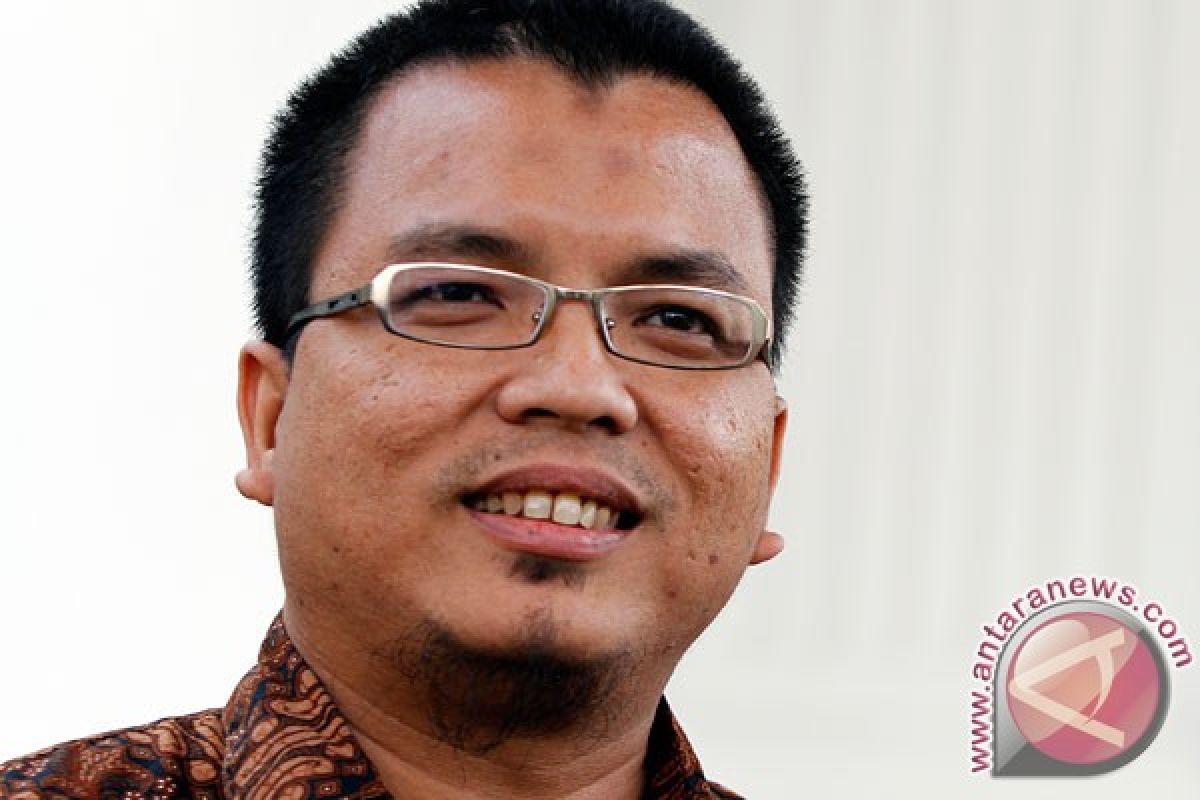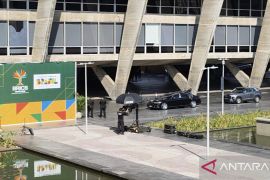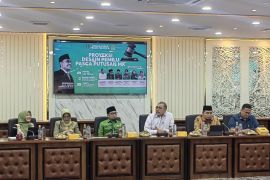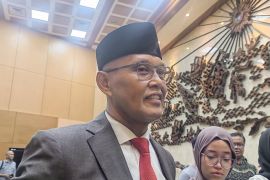""We have discussed the existence and performance of regional corruption courts with the Corruption Eradication Commission (KPK) and raised the question whether or not it is better to have all corruption cases handled by the corruption court in Jakarta," Deputy Law and Human Rights Minister Denny Indrayana said here Saturday.
Speaking at a public discussion on the polemics on denying corruption convicts the right to enjoy sentence remissions, Denny said the idea to let all corruption cases in the country be handled by the corruption court in the capital had emerged because regional courts had so far acquitted an inordinately high number of corruption defendants.
Therefore, the Law and Human Rights Ministry and KPK were currently considering or studying the possibility of disbanding the corruption courts existing in a number of regions. "But let us just see what the result of our study will be," he said.
Denny said , if the government eventually decided to scrap regional corruption courts, and to refer all corruption cases to the corruption court in Jakarta, it meant the Law on Corruption Courts had to be revised.
A revision of the law would be necessary because the regional courts had been set up based on provisions in the law, he added.
The law and human rights ministry had also consulted the Constitutional Court (MK) on the idea to centralize the handling of corruption cases in Jakarta, Denny said, adding, "MK Chairman Mahfud supports the idea."
Earlier, Emerson Yuntho, a coordinator of the Indonesia Corruption Watch (ICW), had proposed that all corruption cases each involving more than Rp1 billion be heard by the corruption court in Jakarta.
Regional corruption courts were not competent to handle corruption cases because they were manned by incompetent judges while the Judicial Commission (KY) was still not strong enough to supervise them effectively, he said.
The performance of regional corruption courts had drawn wide public criticism because of the many corruption defendants they had set free.
According to ICW data, regional corruption courts had during the past two years acquitted a total of 40 corruption defendants, namely four by the corruption court in Bandung, one in Semarang, 14 in Samarinda, and 21 in Surabaya.(*)
Editor: Ruslan Burhani
Copyright © ANTARA 2011












